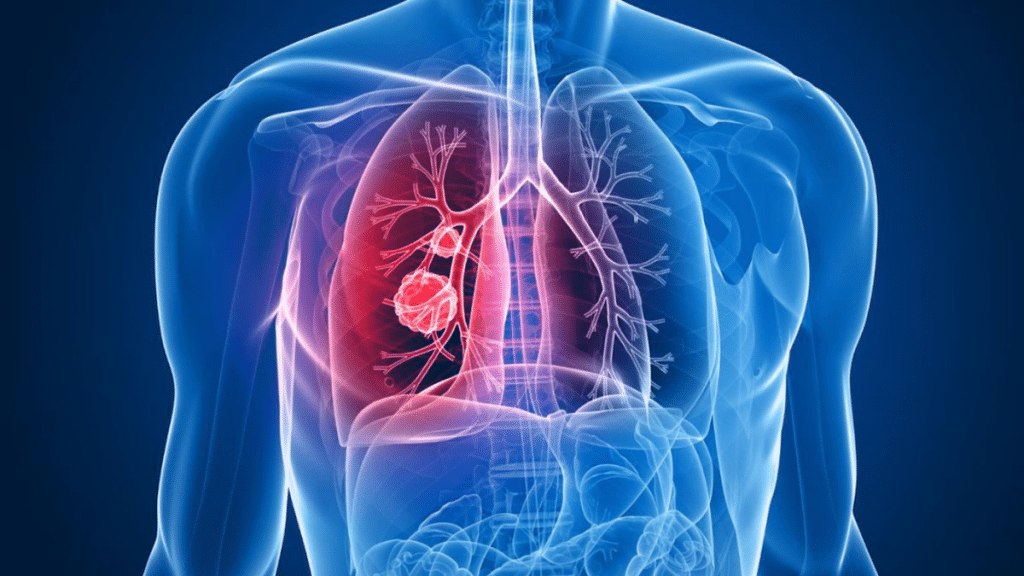Although lung cancer is mostly linked to smoking, it should be noted that there are cases where people who have never smoked also suffer from this disease. The current statistics indicate that 10-20% of lung cancer victims globally today are non-smokers, and this has positioned it as the 7th leading cause of cancer deaths worldwide. Understanding the symptoms and risk factors for lung cancer in non-smokers is essential for early detection and effective treatment.
Why Non-Smokers Are at Risk of Lung Cancer
There are several causes of lung cancer in non-smokers. Some of these factors are exposure to second-hand smoke, radon gas, air pollution, and genetic mutations. The said factors may result in cellular changes within the pulmonary system, thereby culminating in cancer growth. Unfortunately, lung cancer in non-smokers is often diagnosed later, as the disease is not typically suspected in individuals without a smoking history.
Common Symptoms of Lung Cancer in Non-Smokers
1. Persistent Cough
Lung cancer may be indicated by a chronic cough that lasts for many weeks and becomes severe. This sign is usually ignored by non-smokers who think it is just a common cold or allergy.
2. Shortness of Breath
Breathing difficulties or shortness of breath during usual activities may indicate lung cancer. Such a symptom arises from the blockage of air passages by a tumor or accumulation of fluid in the lungs.
3. Unexplained Fatigue
Cancer can significantly disrupt energy levels, leading to persistent tiredness. If you experience extreme fatigue for no apparent reason, consult a physician.
4. Chest Pain
Pain or discomfort felt in the chest, especially when breathing deeply, coughing, or laughing, could indicate lung cancer. The tumor is said to have affected the chest wall or nearby nerves in such cases.
5. Frequent Respiratory Infections
Frequent bronchitis or pneumonia in an individual could signal an underlying lung disease. Having tumors within the bronchi may also predispose one to pulmonary infections.
The Importance of Early Detection
Some people who do not smoke might ignore these signs, thinking that they have nothing to do with lung cancer. Nevertheless, it is important to identify the disease early to enhance treatment results. One should always remember regular medical examinations and signs of lung cancer. This becomes even more important when one has some risk factors, such as smoking in the family or contact with carcinogenic substances.
Conclusion
The risk of lung cancer among non-smokers is a serious matter that is commonly overlooked. By understanding and recognizing different symptoms of lung cancer, you can take proactive steps toward early detection and treatment. Also, you should consider regular check-ups and also be aware of your surroundings. It is important to note that lung cancer affects both smokers and non-smokers; thus, one should stay informed and watch out for any signs.
